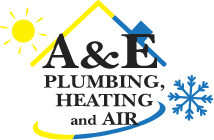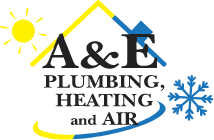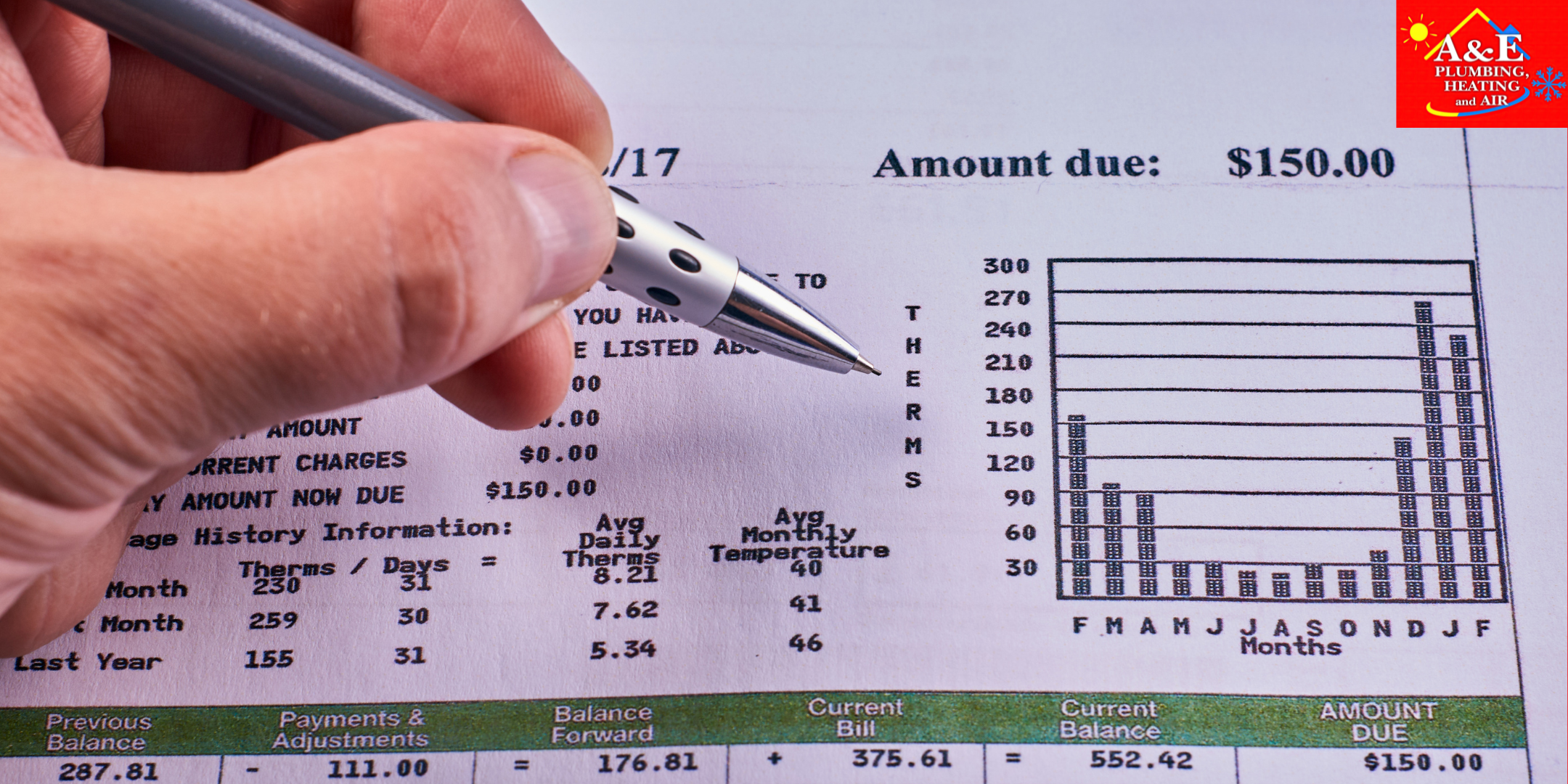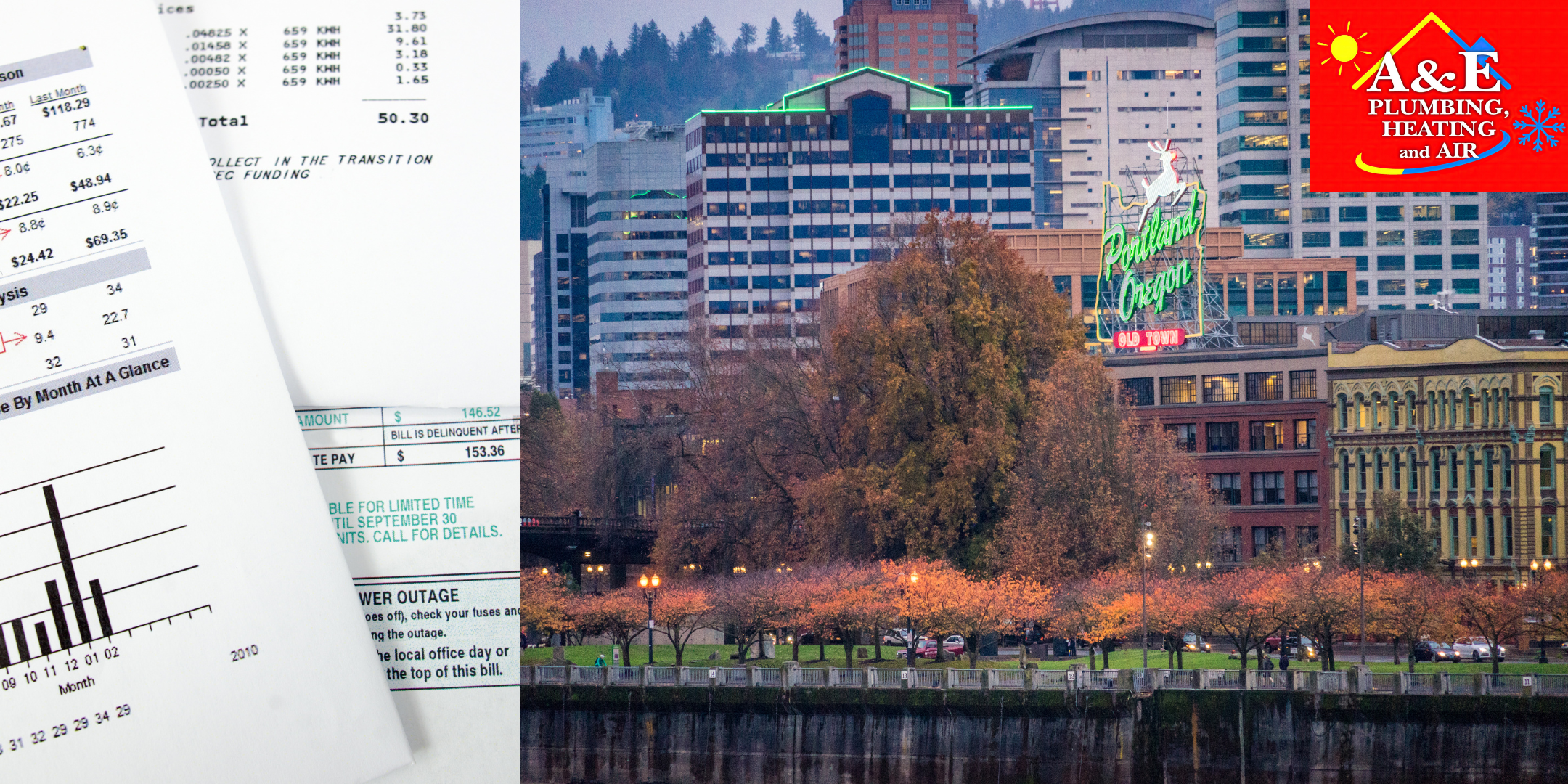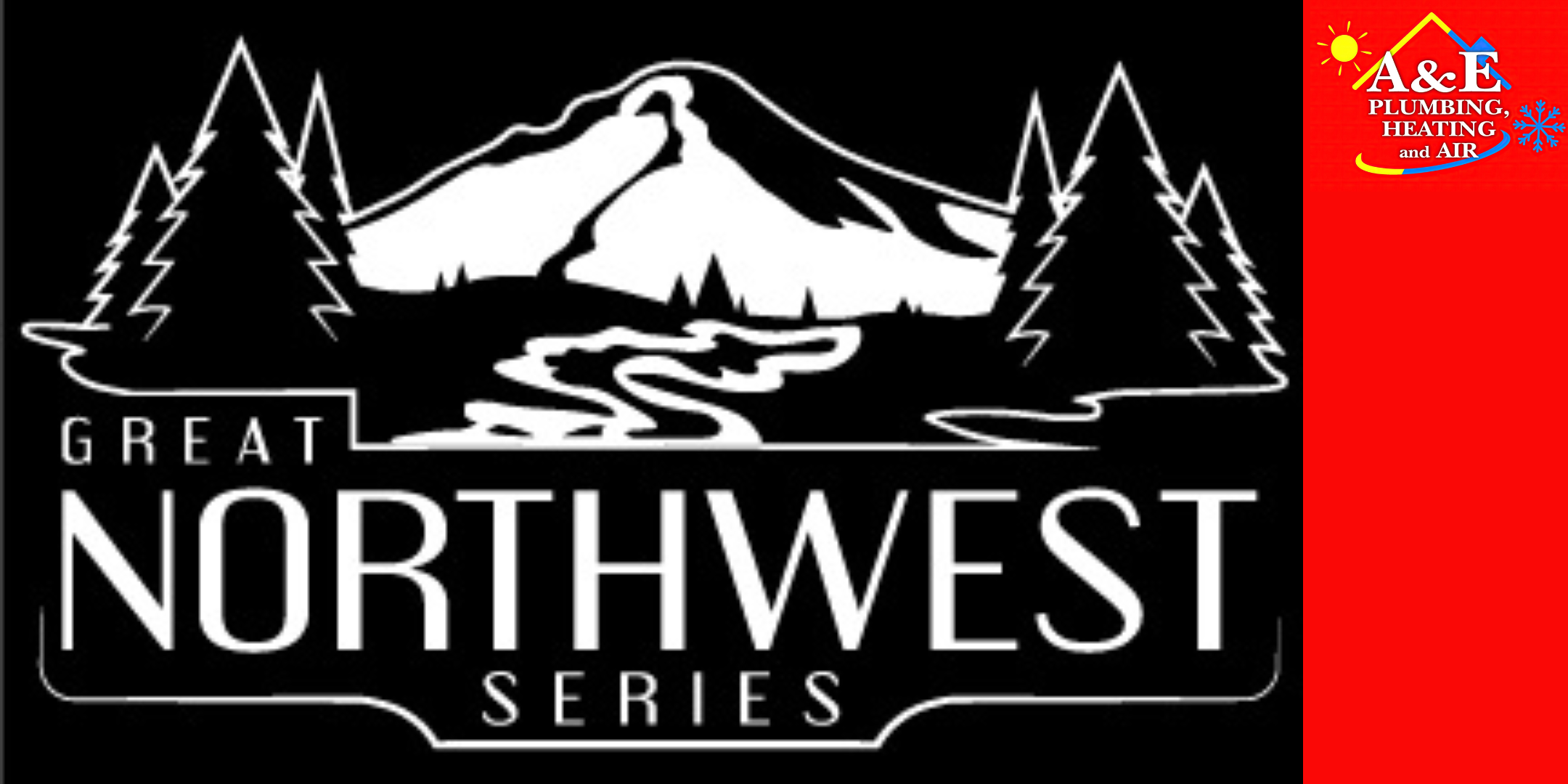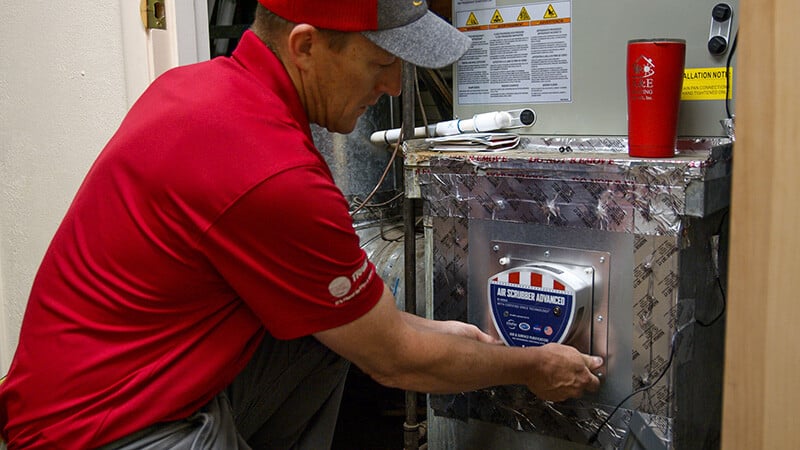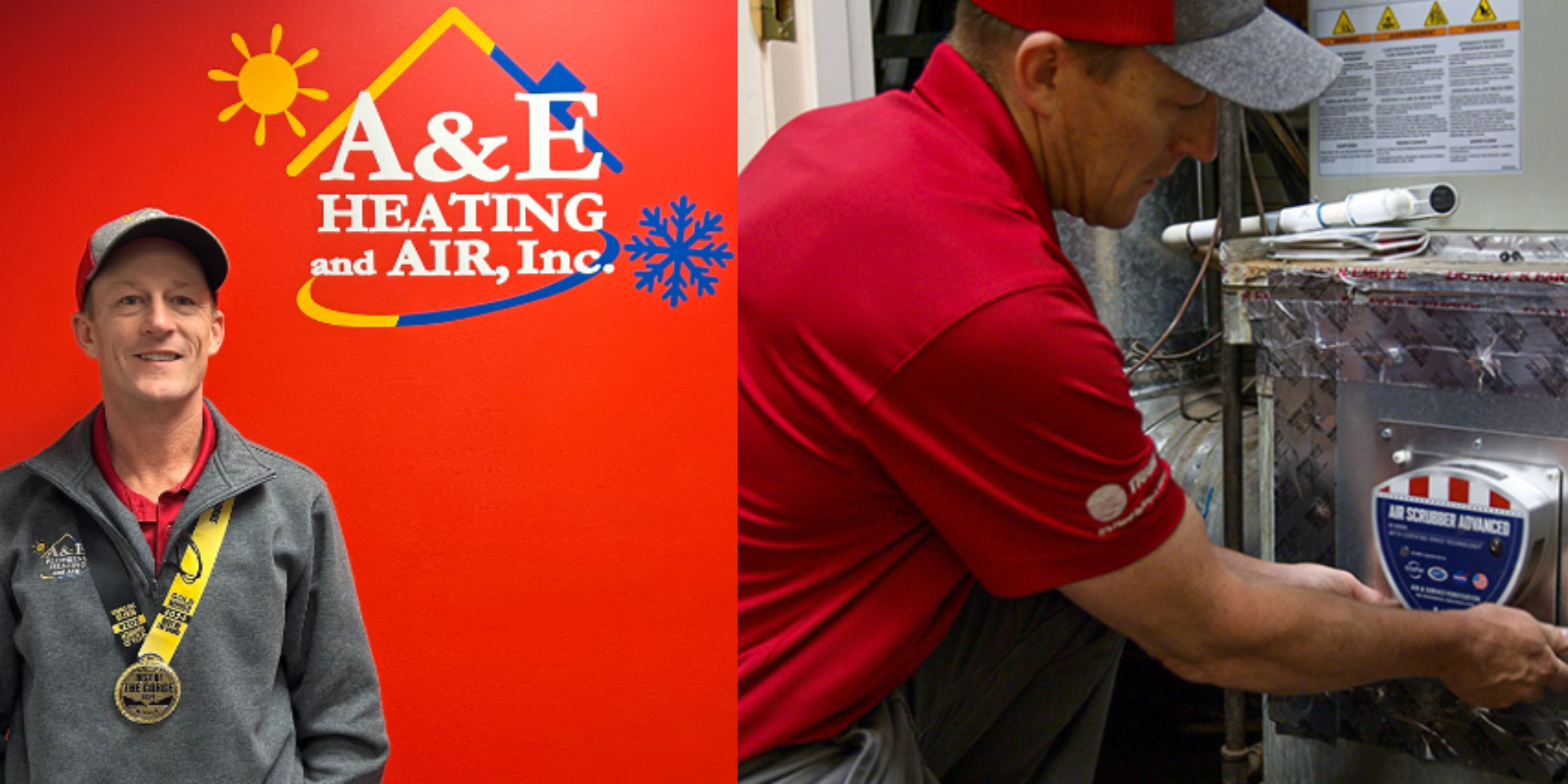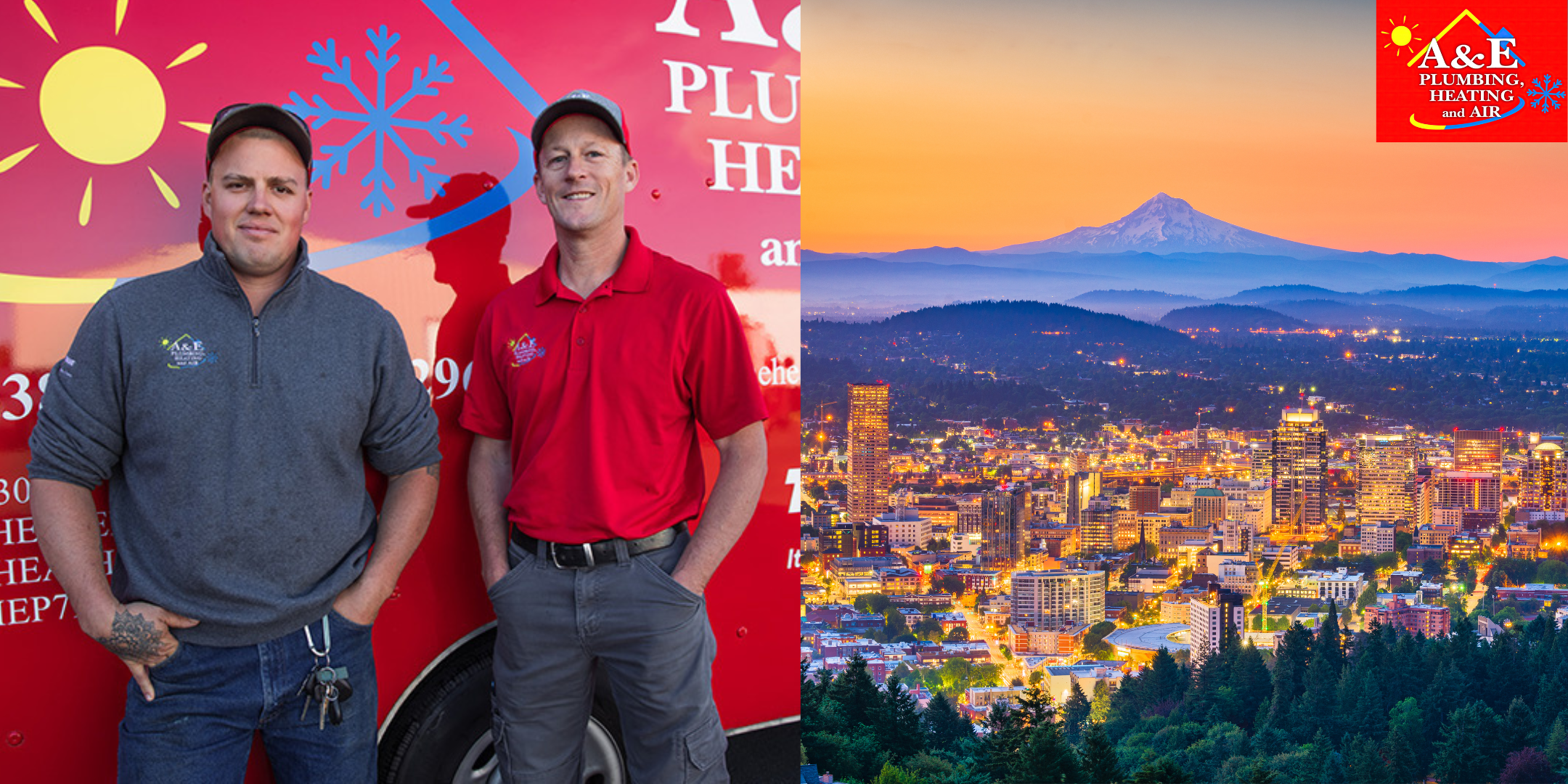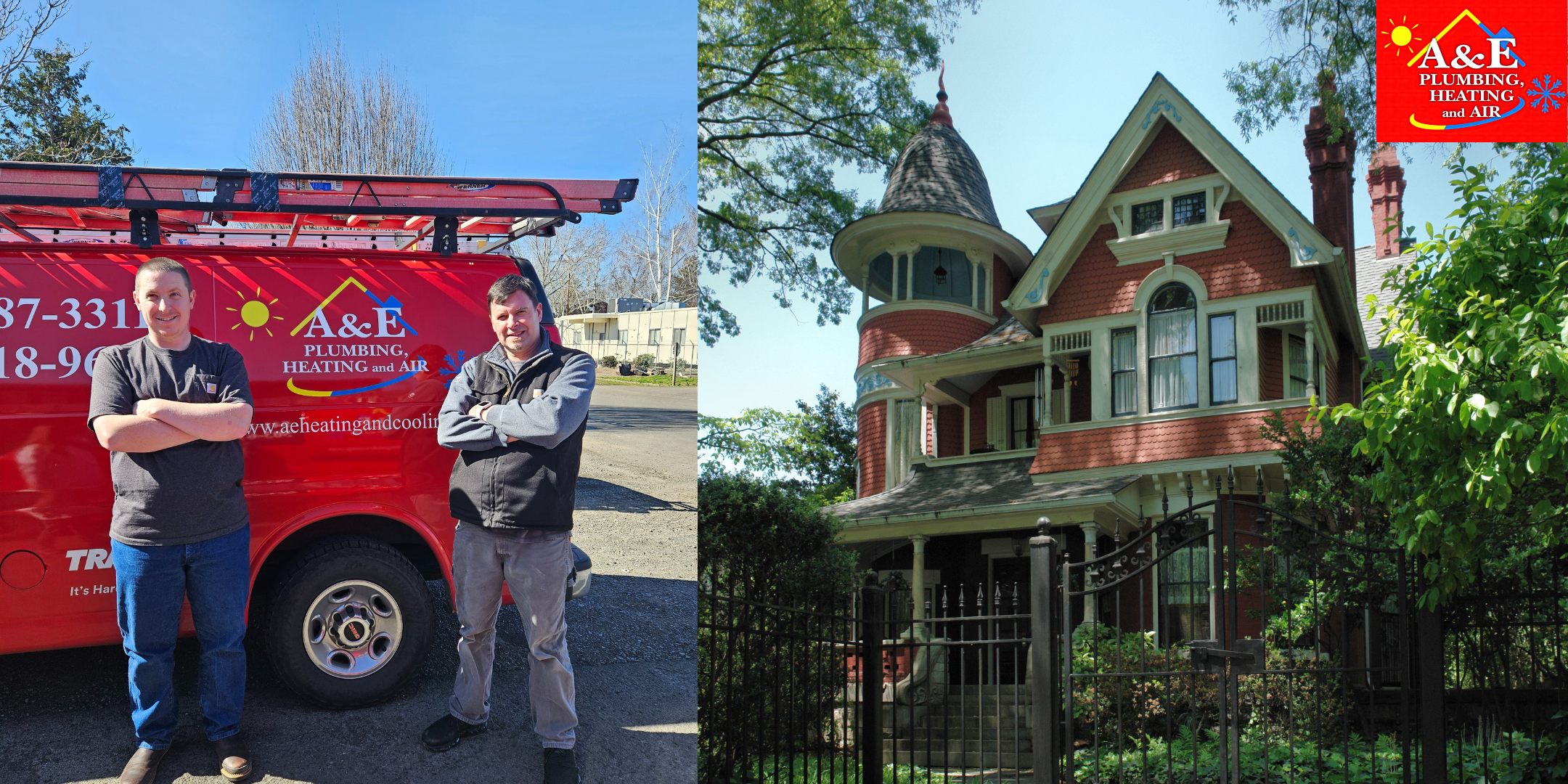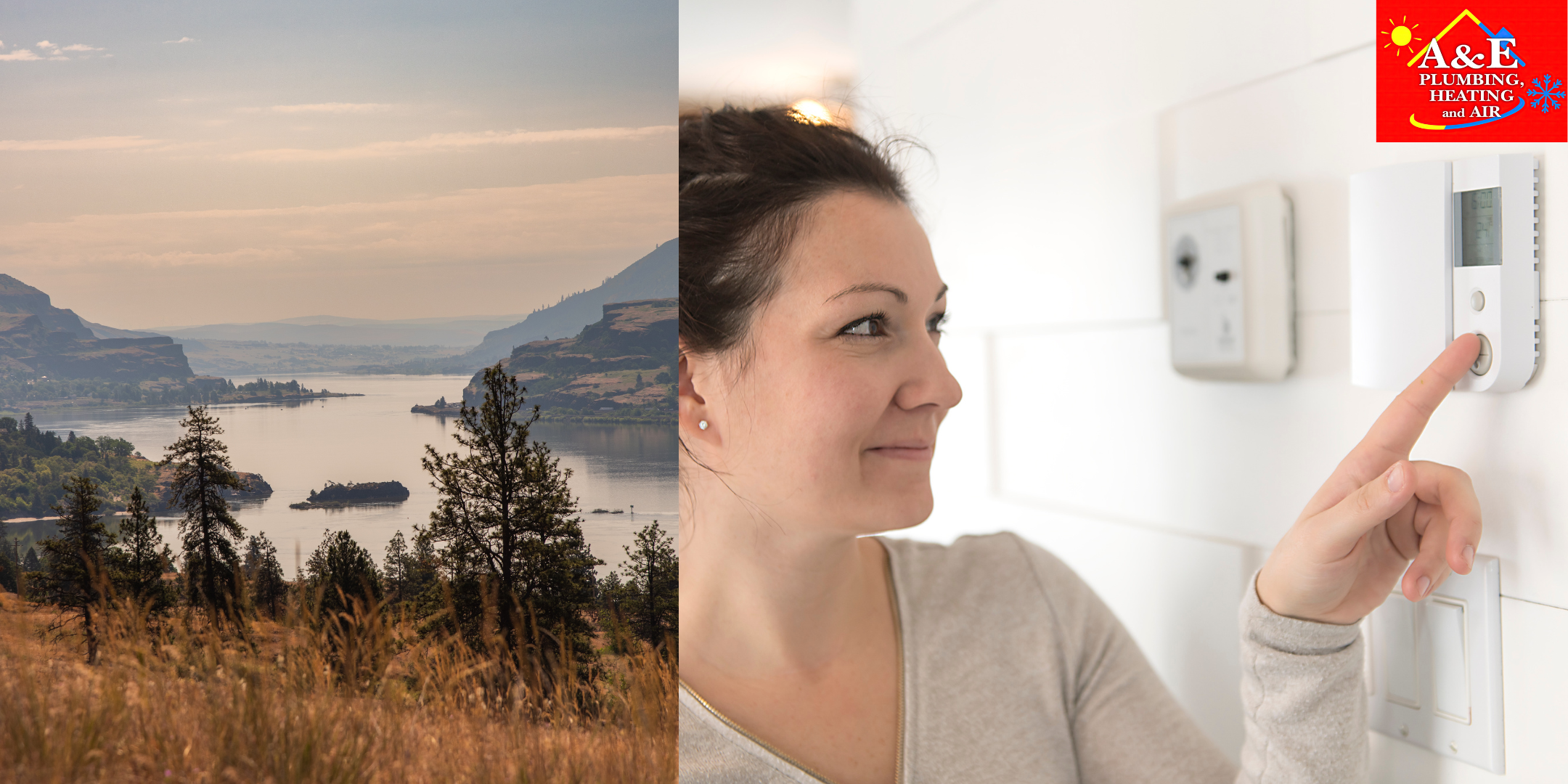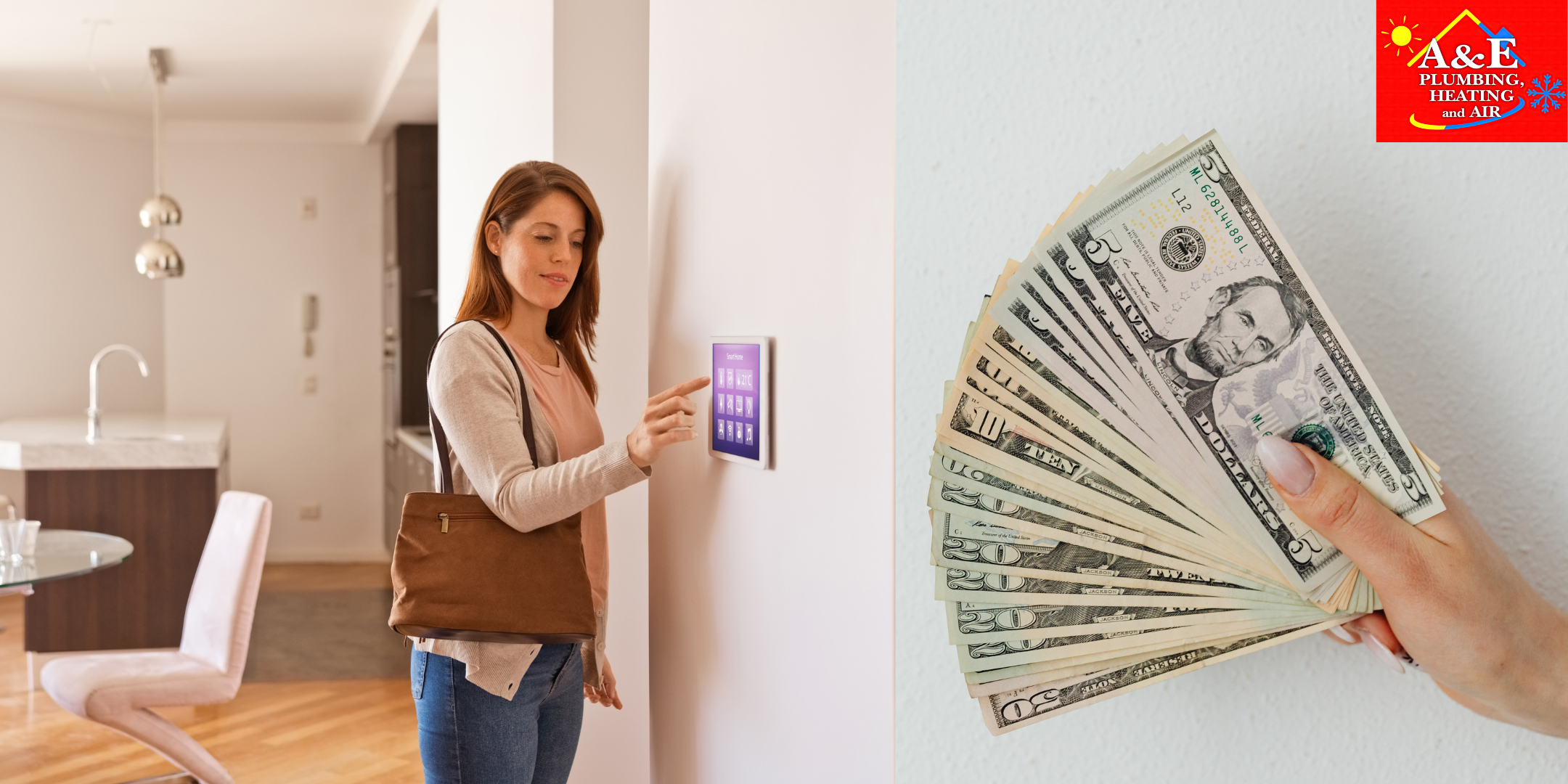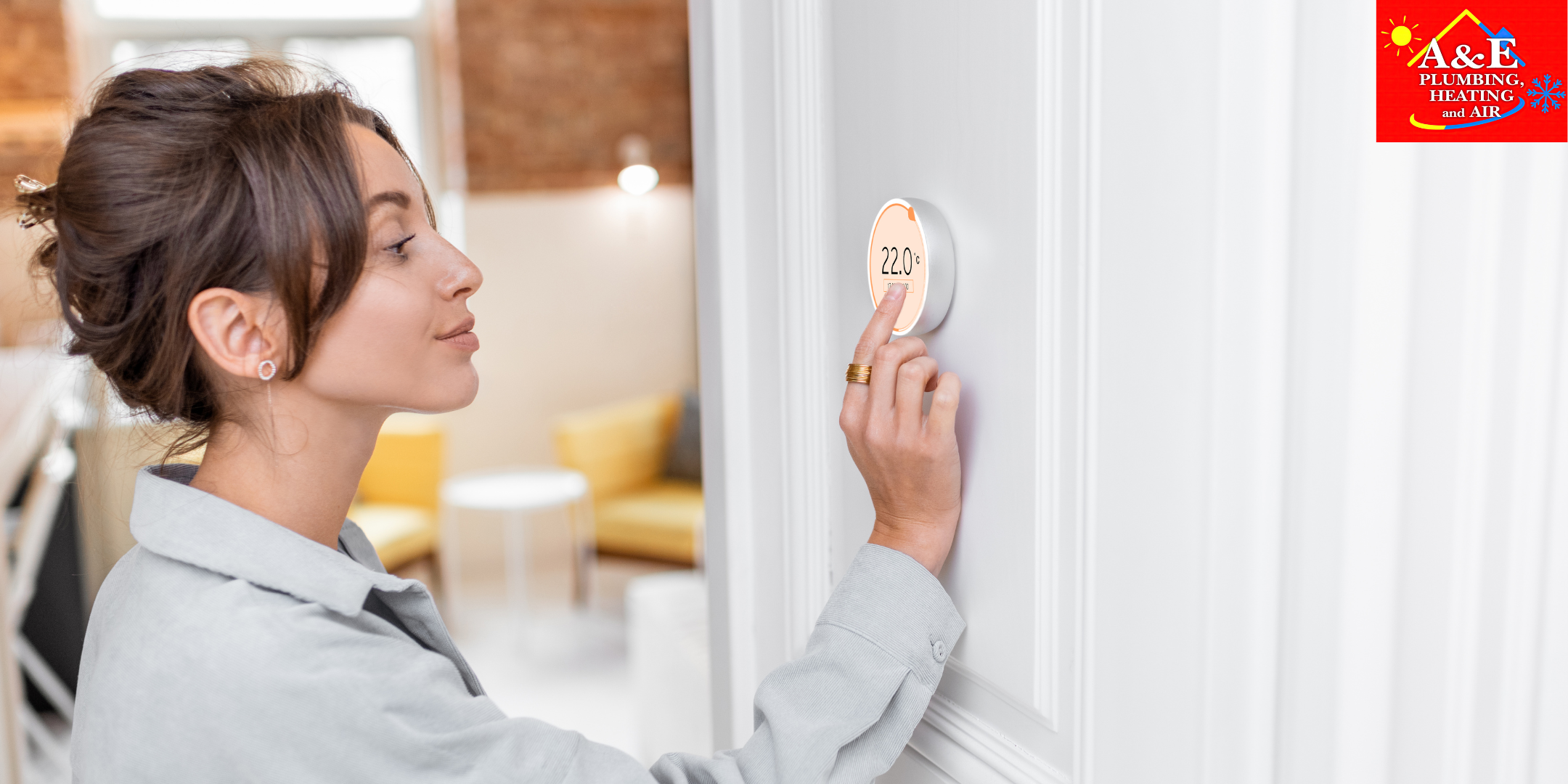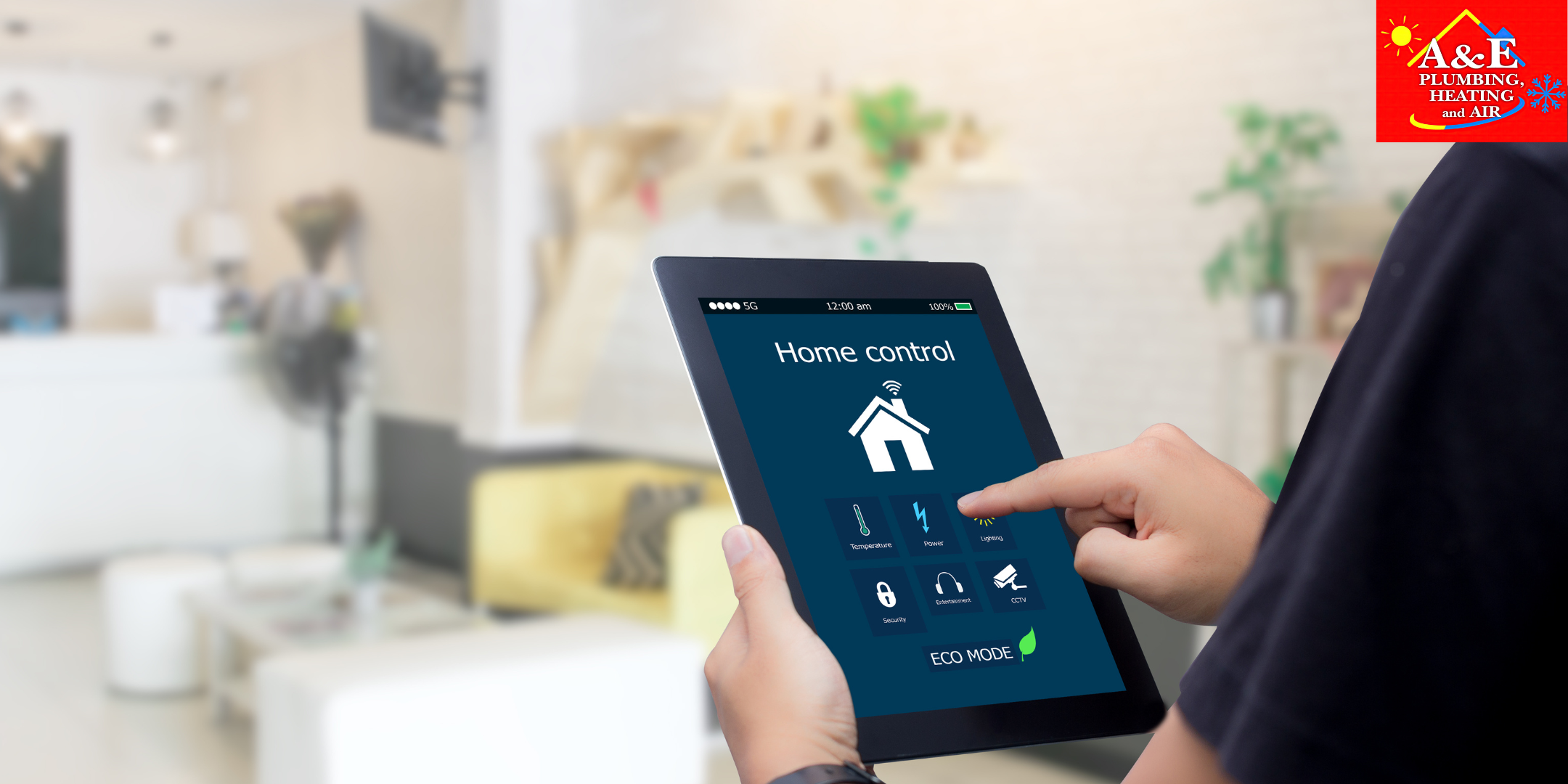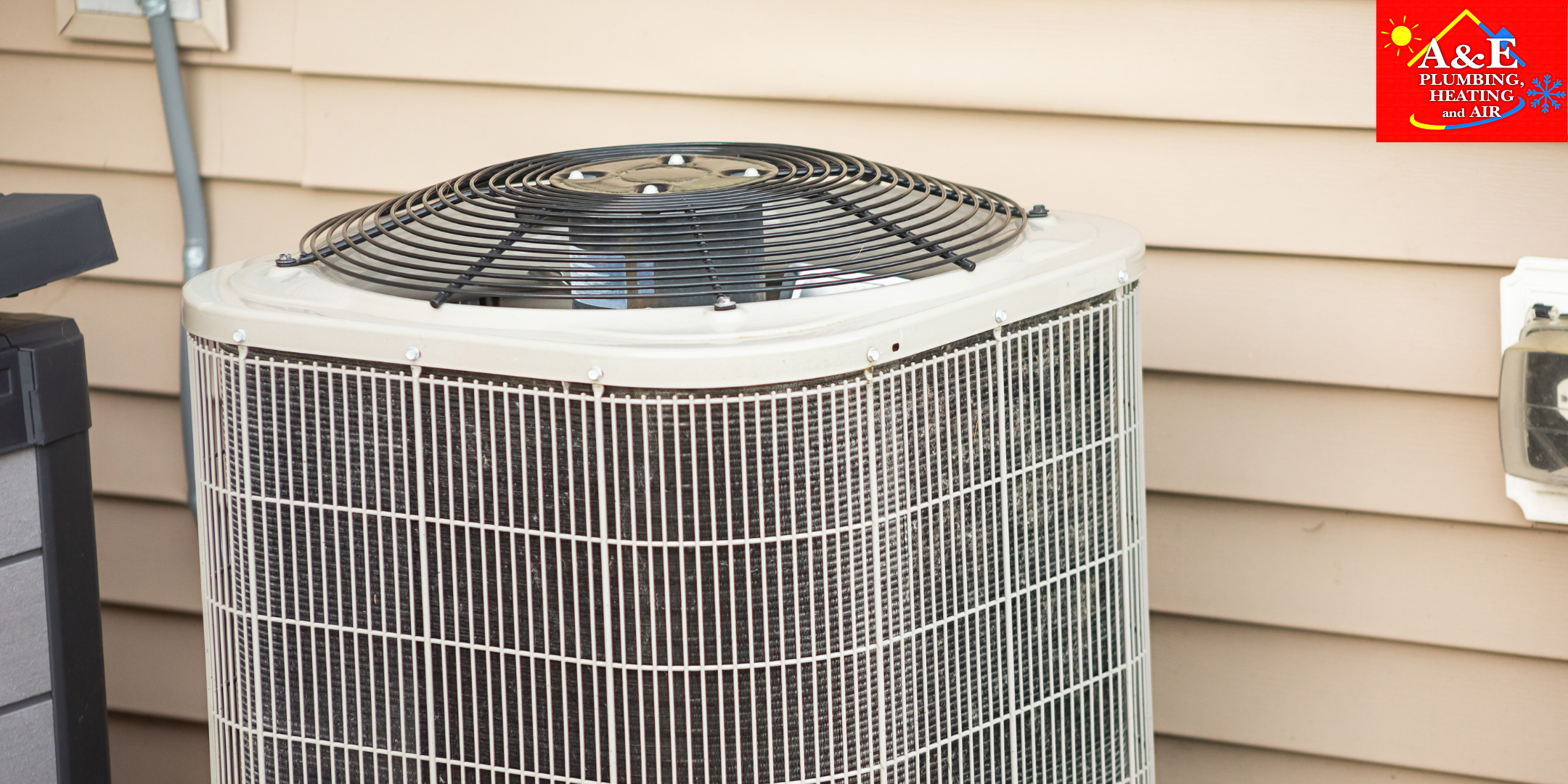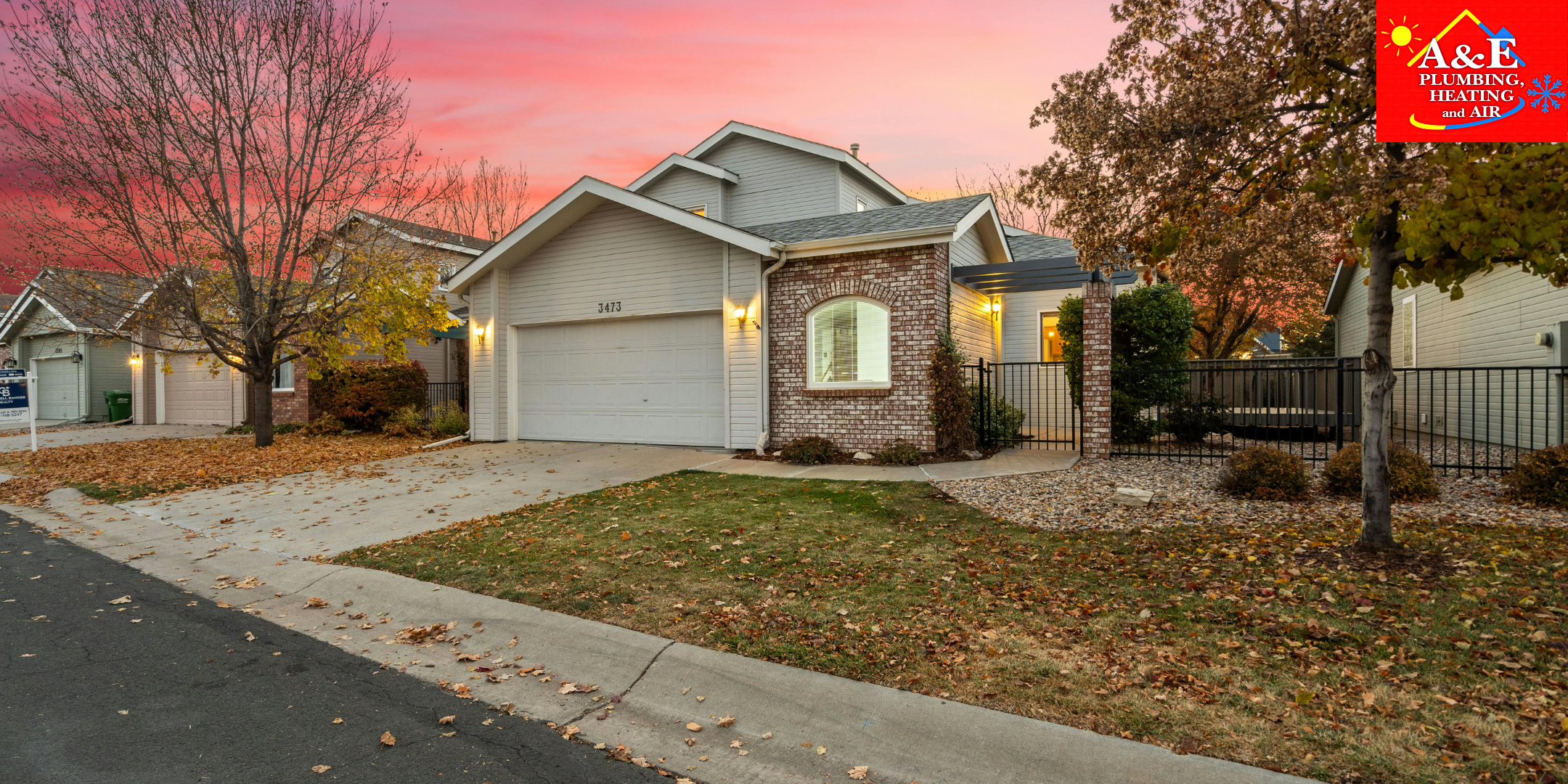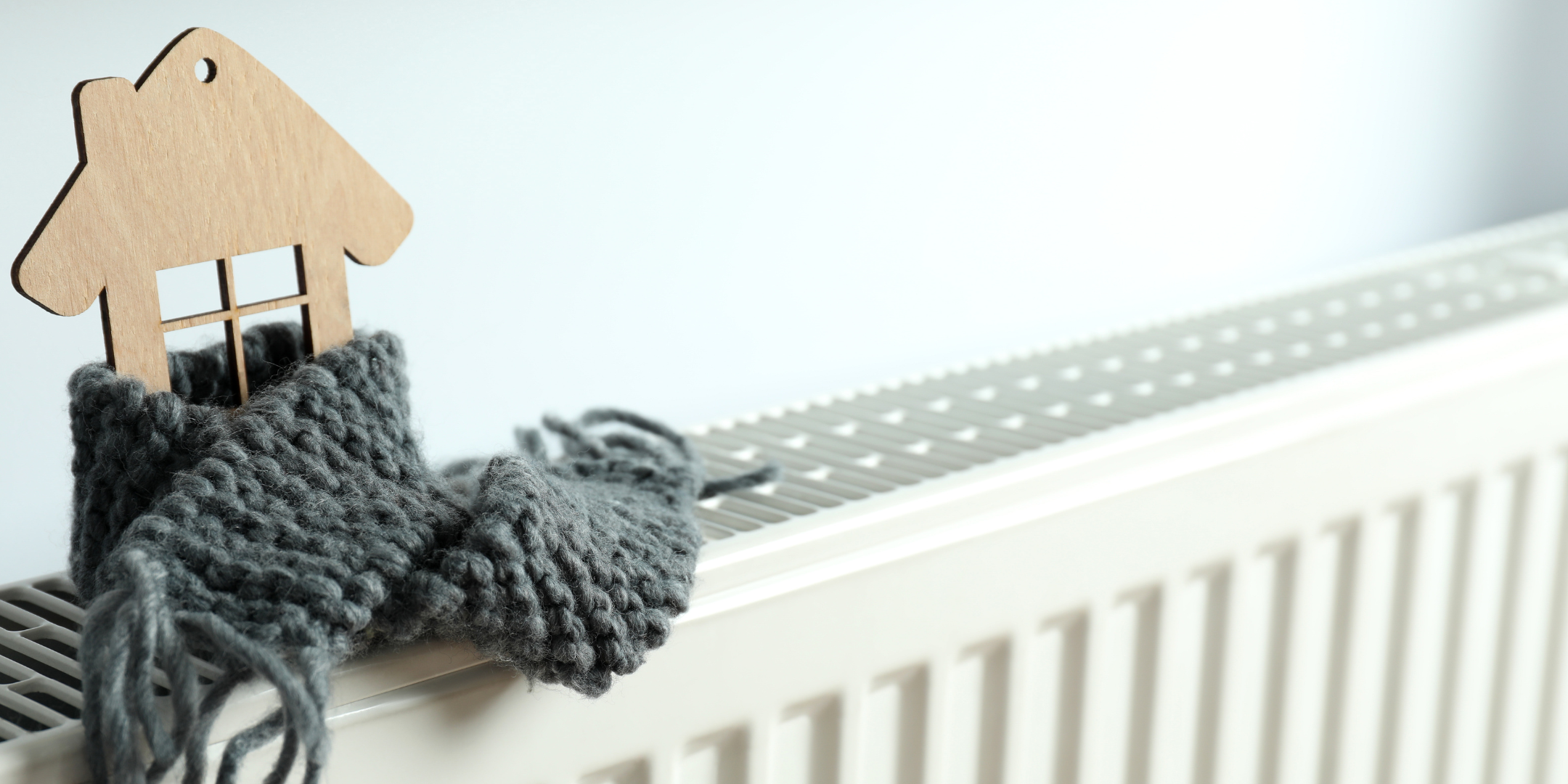How to Calculate the Payback Period for Your New HVAC System
June 10th, 2024
4 min read
By Daphne Hunt

When considering a new HVAC unit for your home in Gresham, it's natural to feel uncertain about the upfront costs. Many AC units promise the best efficiency and savings, but what does that mean for your wallet? You might be worried about making such a significant investment without fully understanding when and how it will pay off.
making such a significant investment without fully understanding when and how it will pay off.
This is where the payback period comes in—the time it takes for the energy savings from your new HVAC unit to cover the initial purchase and installation costs. By understanding this payback period, you can make a more informed decision and feel more confident about your investment.
In this article, we'll break down the payback period, showing you how energy savings translate into real dollars over time. We'll guide you through the process, from calculating your potential savings to understanding the factors that can affect how quickly you'll see a return on your investment. By the end, you'll have a clear picture of whether a high-efficiency HVAC unit, like the Trane XV20i, is truly worth it for your home, helping to ease your concerns and justify the initial cost.
3 Reasons Why Considering the Payback Period Matters
The concept of the payback period is crucial when investing in a new HVAC unit. It refers to the time it takes for the cost savings from the new unit to equal the total cost of purchasing and installing it.
Think of it like a home mortgage: while a 30-year payback period might seem long, it’s similar to a mortgage's long-term commitment. Just as owning a home brings numerous benefits over time, so does investing in a high-efficiency HVAC unit. Here are several reasons why it’s worth considering:
1: Financial Planning
Understanding the payback period helps you plan your finances better by giving you a clear timeline for when your investment will start paying off through energy savings. By knowing how long it will take for the cost savings to equal the initial investment, you can budget more effectively.
This foresight allows you to make informed decisions about your energy expenses and overall household budget. It's similar to how a mortgage payment schedule helps you plan your long-term financial commitments.
2. Long-Term Savings
Just like a home mortgage, a longer-term investment in a high-efficiency HVAC unit leads to significant long-term savings on energy bills, making the initial cost worthwhile. While the upfront expense might seem high, the reduced energy consumption of a more efficient unit means lower monthly utility bills.
worthwhile. While the upfront expense might seem high, the reduced energy consumption of a more efficient unit means lower monthly utility bills.
Over time, these savings add up, effectively paying back the initial cost and then some. This cumulative financial benefit can make a substantial difference in your household budget, much like the financial gains from paying off a mortgage.
3: Energy Efficiency
Understanding the payback period emphasizes the critical role of energy efficiency in HVAC systems. Units with higher SEER (Seasonal Energy Efficiency Ratio) ratings are designed to use less energy while providing the same level of comfort, leading to significant cost savings. These high-efficiency units typically have shorter payback periods, making them a financially sound investment.
By choosing a unit with a high SEER rating, homeowners can enjoy lower energy bills and contribute to environmental sustainability.
How to Calculate the Payback Period
1. Determine Your Annual Energy Savings
To figure out how much energy you'll save with a new HVAC unit, start by looking at the efficiency ratings.
If your old unit has a SEER of 10 and the new unit has a SEER of 20, the new one is twice as efficient.
Then, estimate the energy each unit uses in a year. If the old unit uses 3000 kWh per year and the new one uses 1500 kWh per year, you'll save 1500 kWh each year with the new unit.
2. Calculate Your Annual Cost Savings
To find out how much money you'll save each year with your new HVAC unit, multiply the energy you save by the cost of electricity. If electricity in Gresham costs $0.17 per kWh, and you save 1500 kWh a year, then you will save $255 a year.
3. Determine the Total Installation Cost
To find out the total cost of installing the new HVAC unit, first look at how much it costs to buy and install it.
For example, if the new unit costs $6,000, you then check if there are any rebates or discounts available. If you get a rebate of $600, you subtract that from the $6,000. So, the final cost would be $6,000 minus $600, which equals $5,400.
4. Calculate the Payback Period
Divide the net installation cost by your annual cost savings. Using the figures above, $5,400 / $255 = approximately 21.2 years.
4 Factors That Affect the Payback Period
1: Energy Prices
Energy prices play a significant role in determining how quickly you will recoup your investment in a new HVAC unit. When energy prices are high, the amount of money you save by using a more efficient unit increases. This means you will pay less for your energy bills each month, leading to faster savings and a shorter payback period.
2: Usage Patterns
How much you use your HVAC system also impacts the payback period. If your home has high HVAC usage due to extreme temperatures or personal preferences, you will save more on energy bills with a more efficient system. Homes that frequently use heating or cooling will see greater reductions in energy consumption, translating to quicker savings and a faster payback period.
3: Maintenance Costs
New HVAC units typically have lower maintenance costs compared to older systems. Older units may require frequent repairs and part replacements, which can add up over time. By installing a new unit, you not only benefit from improved efficiency but also save money on maintenance. These reduced costs contribute to overall savings, helping you reach the payback period sooner.
add up over time. By installing a new unit, you not only benefit from improved efficiency but also save money on maintenance. These reduced costs contribute to overall savings, helping you reach the payback period sooner.
4: Gresham’s Climate
Gresham’s seasonal climate variations can lead to higher HVAC usage, especially during extreme weather conditions. Cold winters and hot summers mean your HVAC system will be working harder to maintain a comfortable indoor temperature. This increased usage amplifies the savings you get from a more efficient unit, shortening the payback period as you save more on energy costs throughout the year.
How A&E Plumbing, Heating and Air Can Help Calculate Your Payback Period
Investing in a new HVAC unit for your Gresham home can seem daunting due to the upfront costs. However, understanding the payback period – the time it takes for energy savings to cover these costs – can provide clarity and confidence in your decision. Just as a home mortgage offers long-term benefits despite the initial commitment, so does a high-efficiency HVAC unit.
By carefully considering factors such as energy prices, usage patterns, maintenance costs, and Gresham's climate, you can accurately calculate your potential savings and determine the payback period. This knowledge helps you plan your finances better, appreciate the long-term savings, and enjoy enhanced comfort and air quality.
Now that you know how to calculate your HVAC payoff period, it's time to take the next step towards maximizing your home's performance. Learn about the top strategies to boost your home's efficiency, save on energy costs, and enhance your living comfort. Check out our article, "Top 5 Ways to Improve Home Efficiency," for practical tips and expert advice that will help you create a more sustainable and cost-effective household.
Daphne Hunt holds a bachelor's degree in English and Mass Communication and has a lifelong passion for writing. She thrives on using her skills to craft compelling pieces that inform, inspire, and connect with readers.
Topics:
